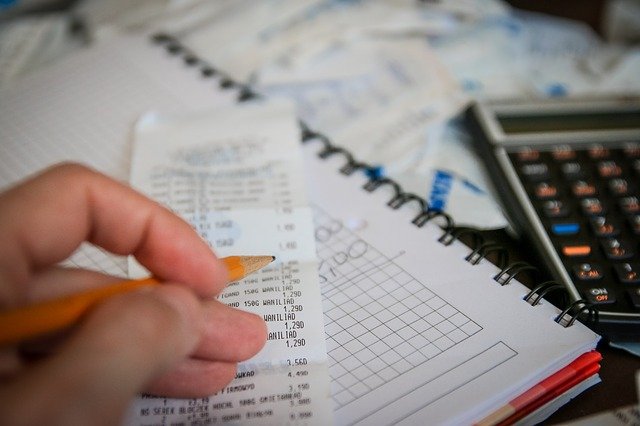There are plenty of ways for people to save without making more money. Take a look at these 25 creative and painless ways.
.
Read:
https://www.inc.com/john-rampton/25-ways-to-save-money-without-a-making-a-dime-more.html
Glossary
- meagre – insufficient, inadequate
- side hustle – something other than your main job
- to keep at bay – to control something and prevent it from causing you problems
- to thaw – to go from a frozen to a liquid state : melt
- to ditch – to abandon or get rid of sth, because you no longer want it; to end a relationship with someone
- to skimp – to give insufficient or barely sufficient attention or effort to or funds for; to save by or as if by skimping
- (the) sniffles – a condition, as a cold, marked by sniffling (sniffing repeatedly, as from a cold or in repressing tears)
- to replenish – restore (a stock or supply) to a former level or condition.
- bug-off bar (soap) – insect repellent soap
- to caulk – to stop up (cracks, crevices, etc) with a filler
- thrifty – using money (or other resources) carefully and not wastefully
- to go hog wild – to behave in an uncontrolled manner, often due to excitement
- potluck – a meal at which each guest brings food that is then shared by all
Replace the definitions in brackets with the words in bold below (make sure their form is correct).
tolls stick to the plan checking trim
purchase quotes overdraft to deposit
How can you save money?
Find perks like no ATM or maintenance fees, high interest on savings account, and no (1. when the amount withdrawn from an account exceeds the available balance) fees.
Your company’s human resources department can divide each of your paychecks between your savings and (2. current) account. Start by setting a specific percentage automatically (3. put in a bank) into your savings so that you won’t spend it.
Freezing your credit card will make you think twice before making a spontaneous (4. buying sth).
If you own a home, make sure that you check out the rates of competing insurance companies. Find the best insurance (5. the price that a person or company says they will charge to do a piece of work).
Consider refinancing your (6. a type of loan that’s used to finance property) to a lower interest rate.
If you want to (7. reduce) your heating and cooling costs, use tricks like layering up with blankets and drinking hot beverages during the winter and placing ice on pulse points.
When you go shopping, write a list and (8. do what you promised or decided you would do).
Using public transportation avoids (9. a small amount of money that you have to pay to use a road, cross a bridge, etc.) and parking costs. It can also lower your insurance (10. an amount to be paid for a contract of insurance) since you’re using the car less often.
ANSWERS: 1.overdraft; 2. checking 3. deposited; 4. purchase; 5. quotes; 6. mortgage; 7. trim; 8. stick to the plan; 9. tolls; 10. premium
Practice Makes Perfect
Use some of the words in Glossary to complete the gaps in the sentences below (make sure their form is correct). Then answer the questions.
1. Have you ever been ……. by anyone?
2. Do you ever …… on anything to save money? On what?
3. Do you consider yourself a ……. person who’d always save money for a rainy day?
4. Have you ever …… anyone at ….? How did they “deserve” it?
5. Do you ……… your body with enough water?
6. What would such symptoms as headaches, overall weakness, cough and …….. often indicate?
ANSWERS: 1.ditched; 2. skimp; 3. thrifty;4. kept at bay’ 5. replenish; 6. sniffles
Discuss:
- What comes to your mind when you hear the word “money”?
- What would life be like without money?
- What’s the best way of making a lot of money?
- Do you believe that money can buy happiness?
- Does it often happen when you go shopping that you spend more than you anticipated?
- In what situation would you use this expression: “money doesn’t grow on trees”?
- Do you agree that “a fool and his money are easily parted”?
Explore it more to create your own teaching-learning experience!
Why we make bad financial choices – even when we know better
We all know we should spend less and save more, yet many of us struggle to do it and blame ourselves. Turns out, our environment is what we really need to change, and behavioral scientist Wendy De La Rosa explains why.
(1542)





